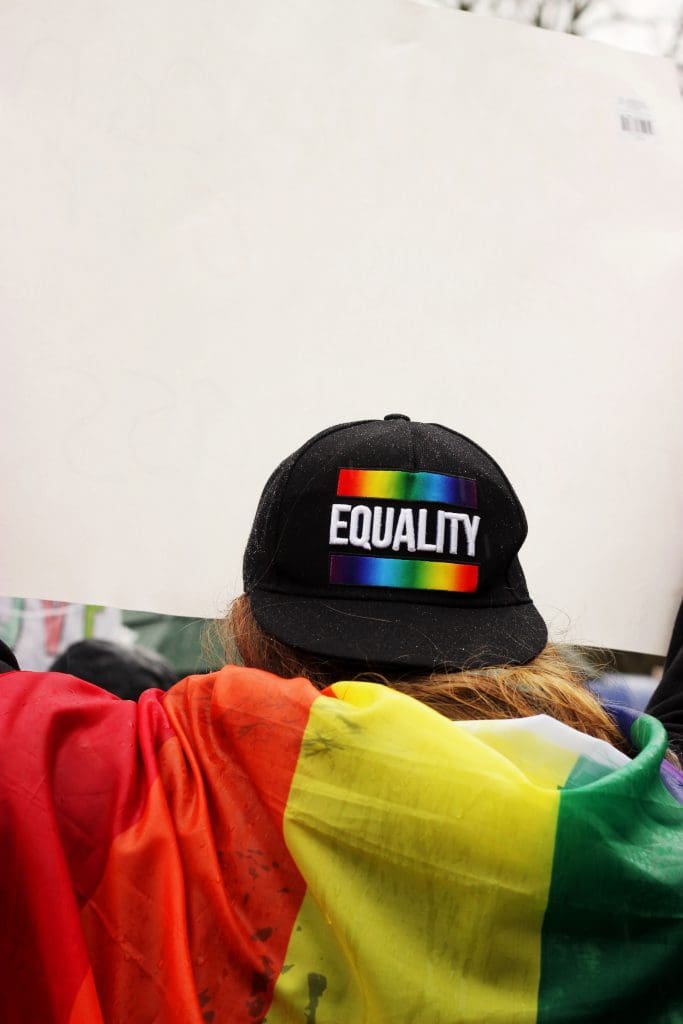Compassion Fatigue

Sometimes, and sometimes more often than not, the world can feel like a scary place. Younger generations have a more negative outlook on the state of the world and about what they’re able to achieve.
At the same time, younger generations have also been found to be incredibly compassionate: 92% of Gen Z’s in a survey stated that helping others is important, and about 3 in 4 of them are worried about inequality.
This negative outlook on the world and the higher levels of compassion play hand in hand. The internet, social media, and general media constantly giving us real-time news 24/7 has not only made us aware of what’s going on in the world, but what we can do to help and spread awareness. And there’s a lot to spread awareness about, from violations of human rights to natural disasters to various diseases. There’s a constant stream of information being fed to us about what’s wrong, why we need to fix it, how we can fix, and millions of places to donate to.

And while it’s good to get the word out about issues going on around the world and make it so that the average person can have some impact on changing those problems, the average person can’t solve and help with everything. It can get overwhelming to put effort into just one cause, and keeping up to date about every single issue, whether you want to or not can take it to another level. At some point, you may feel yourself getting apathetic, thinking “what’s the point if nothing’s going to change?” or feeling depressed or anxious about how terrible things are and how other people are suffering. You may start prioritizing others or feeling guilty when things are happening to you, because they’re not as bad as other people have it. The feeling is not unlike that of burnout, when so much is happening at once that your mind and body feel like they’re shutting down.
This phenomenon is called compassion fatigue. It’s wanting to help others but through that, sharing and feeling their pain and putting pressure on one’s self to make sure they’re doing the right thing. It’s often seen and has been studied among healthcare professionals and activists, but anyone can experience it given the state of the 24-hour news cycle and social media.

Because of their higher levels of compassion, the issues happening today, and the impact they’ll have on younger generations, it’s no surprise that these same activists who may be prone to compassion fatigue and burnout are gettingyounger. At an age where they’re already prone to showing mental illness symptoms and coping with stressors like school and navigating their independence, it’s possible that adolescents can feel compassion fatigue quicker and an intense level on top of everything else that they’re facing developmentally.
If you feel like you’re experiencing compassion fatigue or are just simply overwhelmed and tired of feeling like you want to do something but can’t, it’s important to remember that these burdens are not only yours to carry. It’s impossible to care about every single issue ever at once, and at a young age, you shouldn’t be expected to be the champion and the voice responsible for a cause. The world can be a scary place, but you’re still a part of it, and caring about the issues of others shouldn’t negate or lessen caring about yourself.
Are there any causes that you’re passionate about? Do you do anything as a way of getting involved? Have you ever experienced burnout or compassion fatigue, and if so, do you have any coping mechanisms you want to try or have tried?




Recent Comments